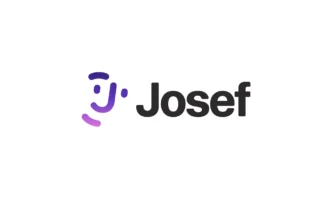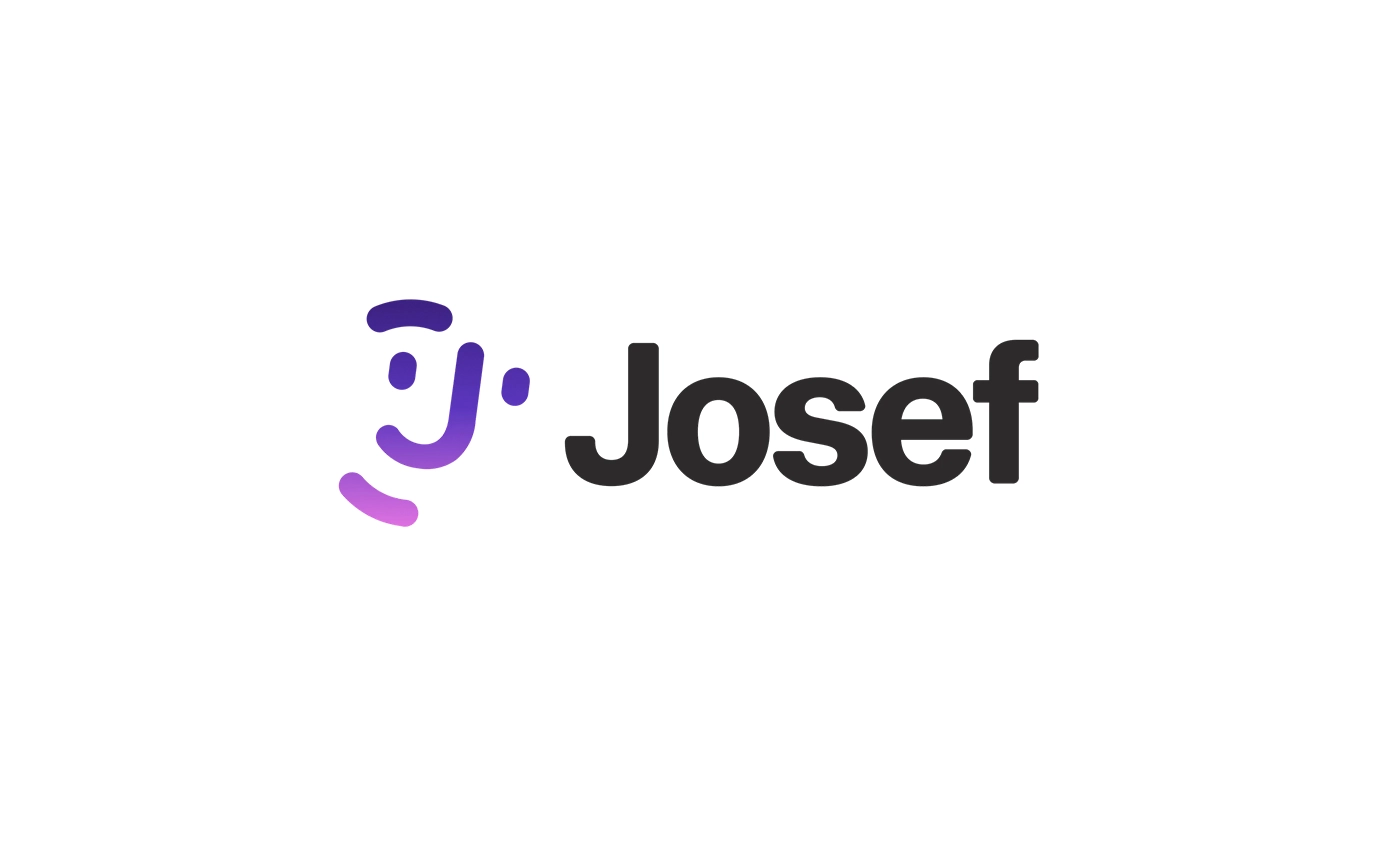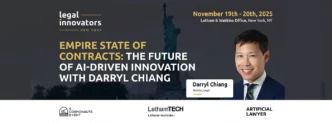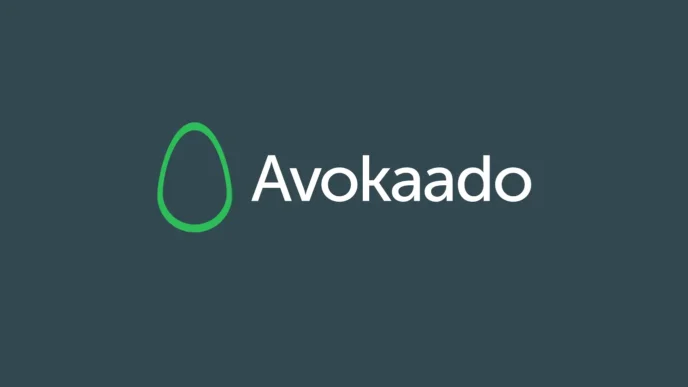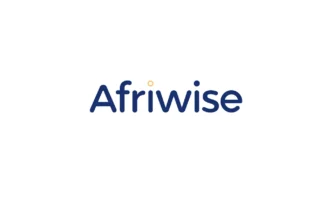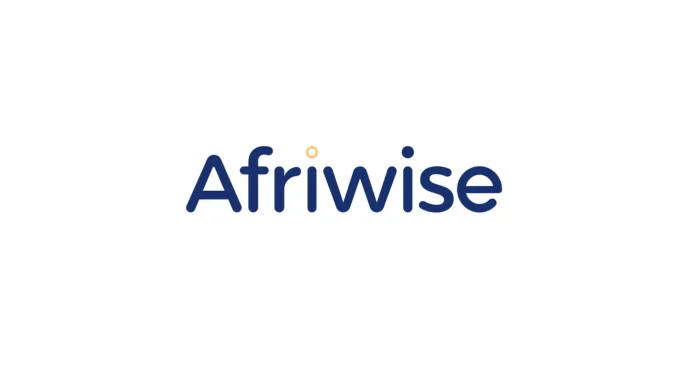Somewhere between your fourth “Can I do this?” Slack message of the day and your tenth search through a dusty SharePoint folder, your brain returns to that existential question: is this what you went to law school for?
The team at Josef doesn’t think so. That’s why they built a platform designed to help legal and compliance teams get unstuck, and help the business keep moving.
Founded with the mission to help legal and compliance teams actually get things done, Josef is an AI-powered platform where in-house teams at the likes of L’Oréal, Bumble and Randstad create self-service tools to handle the repeatable work that slows everyone down. Whether it’s answering questions, generating contracts, or managing intake and approvals, Josef puts the right information and processes in the hands of the people who need them, when they need them.
The Josef Approach: AI That Legal Controls
Plenty of tools already automate legal work, we’ll admit. But Josef approaches the problem with a healthy amount of skepticism and practicality.
Legal teams are constantly fielding repeat questions. Josef makes it easy to turn that recurring work into something self-serve.
The platform’s Q&A tools help legal and compliance teams turn their existing policies and playbooks into easy-to-use, hyper-accurate, AI-powered tools. That means your commercial team doesn’t have to email Legal every time they’re unsure about a clause. They can get answers themselves, and with confidence.
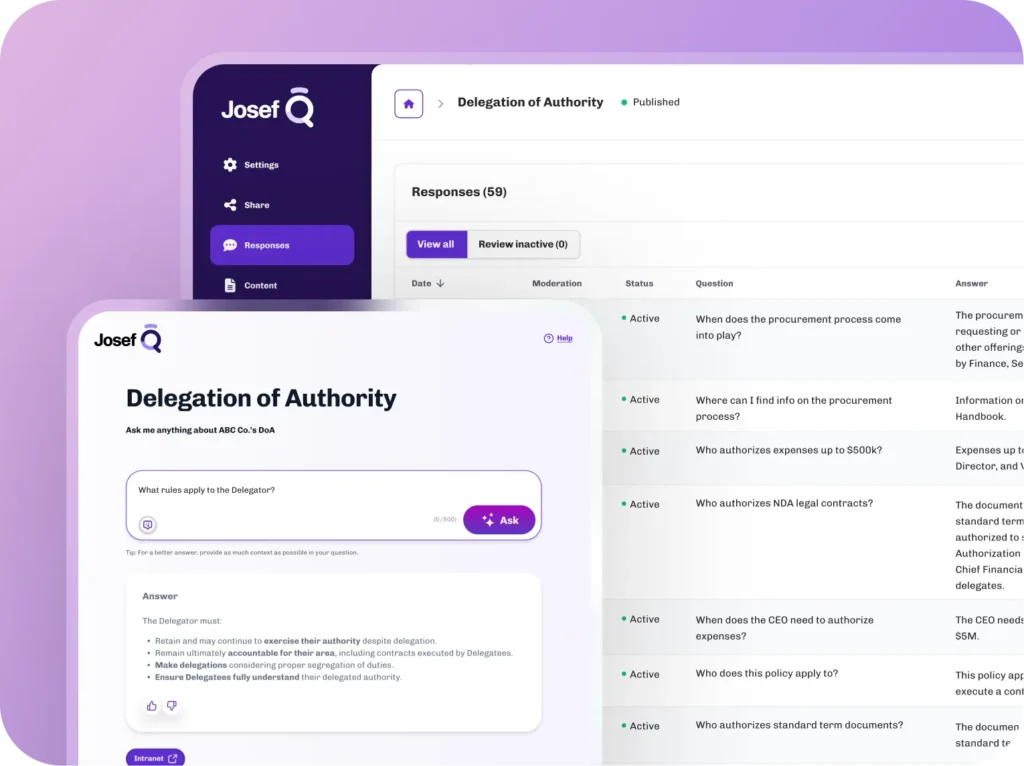
Legal teams can moderate answers and content, manage sources, and track usage over time. And because Josef doesn’t hallucinate or guess (more on that below), you’ll never be cleaning up bad AI advice.
We asked Co-founder and COO Sam if he can speak to the biggest blockers he saw in legal teams before building Josef? What inefficiencies was he seeing time and again that led to the core thesis of the platform?
Sam Flynn: “Again and again, we saw legal teams struggling with the same fundamental problem: they were brilliant at high-value, strategic work, but buried under repetitive, low-value tasks. We realized that rather than building something that’d help lawyers get a little faster or a little better at their jobs, we could flip the script so they never have to do busywork again. And even better, the business never has to wait on them to do it either.
To be clear, the busywork I’m talking about here isn’t the strategic matters that lawyers are trained for. I mean the stuff I hated doing as a lawyer: redrafting the same contracts, approving the same requests, answering the same policy questions. We’ve built Josef so that self-service tools can do all that for you. It means lawyers have less low-level work on their plate and more time for the matters that actually move the business forward.”
How does Josef tackle AI’s tendency to hallucinate? We asked Sam whether Josef’s ‘no hallucination’ principle formed part of the platform’s design philosophy from day one? Why did they lean so hard into transparency and user moderation in their Q&A tools?
Sam: “Lawyers will only let go if they trust the system, and our mission is to earn and reinforce that trust every step of the way. From day one, we knew that if Josef was going to use AI, it couldn’t be making things up. LLMs are probabilistic by nature, but law is perceived, at least by practitioners, as deterministic. Bridging that gap is the only way legal teams will embrace self-service at scale. And the way we do that is by putting lawyers in the driver’s seat: every answer is transparent, grounded in source material, and in their control.”
Not Just a Pretty Interface
Yes, it looks good (and Josef’s clients are not opposed to this),but the real magic is under the hood.
Earlier this year, the team upgraded Josef Q’s document pre-processing engine. For those of us nerdy enough to care, it determines how the platform treats legal and compliance content: as structured, layered, and precise data. Instead of slicing documents into random blocks of text, Josef retains sections, clauses, and metadata to ensure answers are pulled directly from the right place.
That means business users don’t just get generic guidance. They get actual, actionable answers, backed by the exact source Legal would’ve pointed them to.
This led us to wonder: What was Josef’s approach to building its preprocessing engine? Were there any surprising learnings in how documents needed to be parsed or enriched?
Sam: “I knew from the start that legal and compliance documents couldn’t be treated like generic text, but what really surprised me was how deep every niche goes. There are standard elements we always have to capture, like definitions, cross-references, clause structures, and we use techniques like contextual enrichment to make sure the tool understands them. But go a layer deeper and you see just how different documents can be. A delegation of authority matrix or a signature authority matrix has to be handled very differently from a code of conduct, even though they all fall under ‘policies.’ The level of detail and specificity you need to respect is extraordinary. And that’s where a lot of AI projects in law fall down — they don’t take that detail seriously enough, and the results just aren’t reliable.”
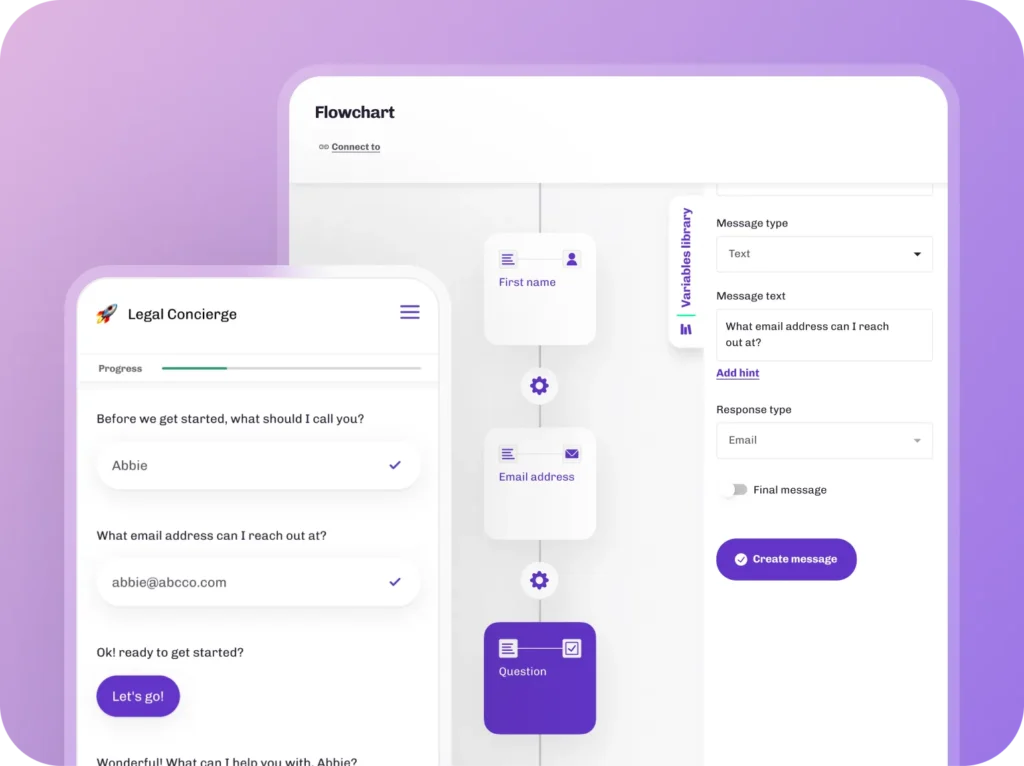
You Don’t Need to Be an Engineer (Or Beg One)
For many legal teams, even the idea of AI is intimidating. Josef flips that. The platform has been built so legal and compliance professionals–not developers–can create tools the business can then use.
Whether you’re building a Q&A tool, a contract generator, or an intake workflow, you don’t need to know what RAG is and you don’t need to touch anything like an API. You just need to upload a policy, a contract template or map your workflow, apply the relevant settings, and launch.
The team’s mission is to help teams empower the business while keeping Legal in control. When it comes to creating Q&A tools, that means transparency in every answer (and its source), heatmaps of user questions, and even seeing what your tool didn’t answer which, surprisingly, is one of Josef’s best features. “I’m sorry, I don’t know,” never sounded so good.
Because if it doesn’t know, it doesn’t guess.
For the Work You Know Is Coming
Josef isn’t trying to be everything. What it is trying to be is focused on what matters to its customers: the kinds of repetitive, rules-based work that legal and compliance teams drown in, from privacy and procurement to HR and operations.
Got a GDPR policy everyone keeps ignoring? Upload it and let a Q&A tool do the heavy lifting. Want a standardized way to handle supplier contract requests? Upload your template and let a self-serve contract tool help the business generate the rest.
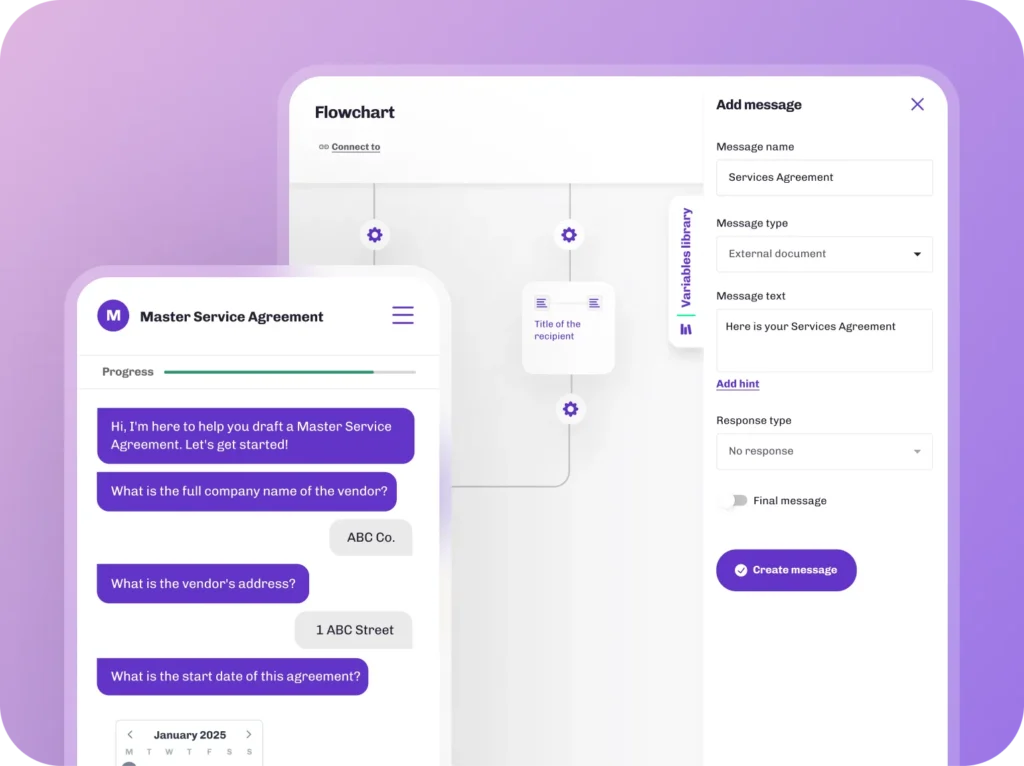
One of the most impressive things about Josef is how adaptable it is across industries. We asked Sam about the most surprising use case he’s seen so far.
Sam: “When it comes to busywork for in-house teams, Josef can really handle anything. Bumble built complex privacy workflows, automating DPIAs. L’Oréal built tools that help marketing teams check whether environmental claims are compliant or misleading. Bupa, a global insurer, automated common templates like services agreements and other contracts. At this point, nothing really surprises me in terms of use cases. What does surprise me is how the tools are spreading outside of legal — into HR, procurement, infosec, even IT. For the first time, we’re seeing legal lead procurement efforts for sophisticated automation software. That’s the exciting part: legal is truly becoming part of the business, and technology is the entry point for that shift.”
And the cherry on top? Josef integrates with the tools your business already uses: Slack, Teams, SharePoint, so teams don’t have to work hard to get Legal’s help. They can get what they need, when they need it.
Final Thoughts: Built for the Lawyers Who Don’t Want to Code
What makes Josef different isn’t just the tech, it’s the empathy behind it. The team seems to understand that legal professionals are busy enough as it is and don’t particularly want to become prompt engineers. They just want their time back and scalable ways to create real value. And for once, they might actually get it.



